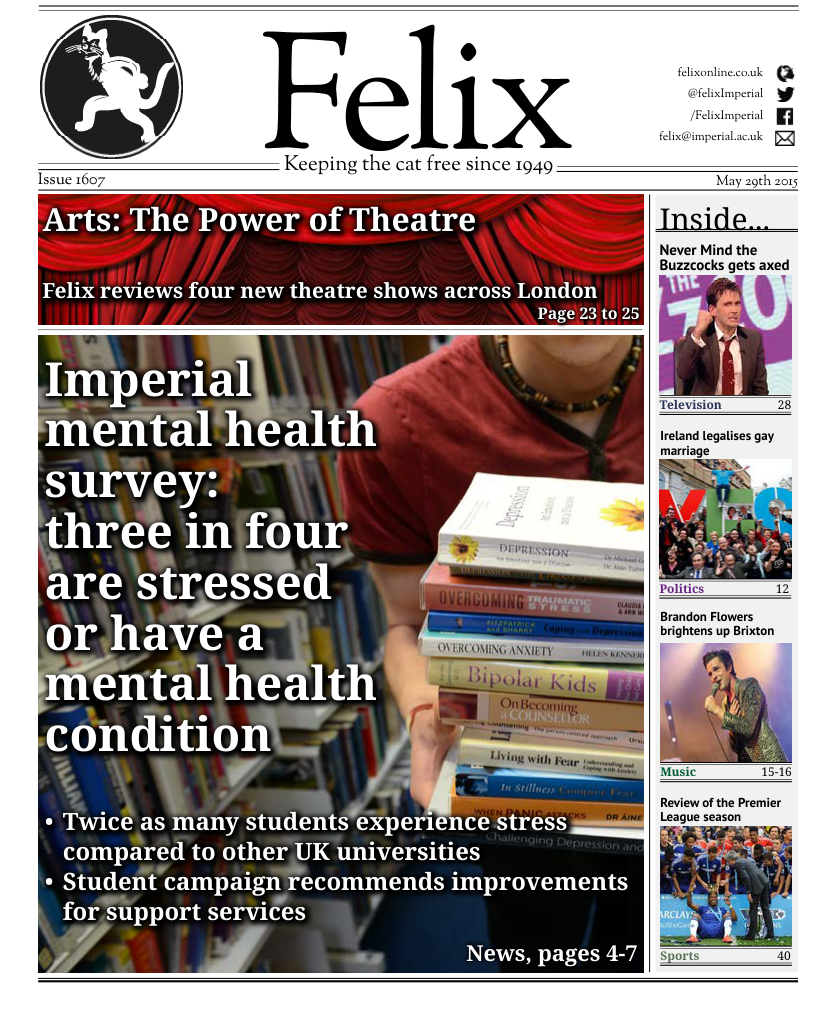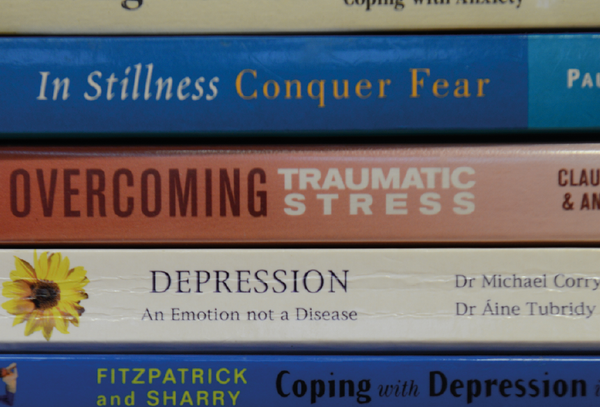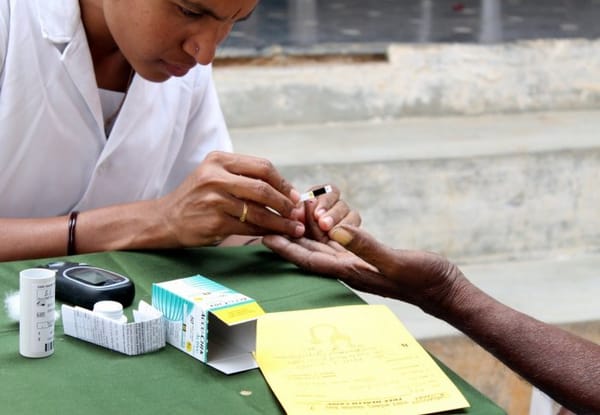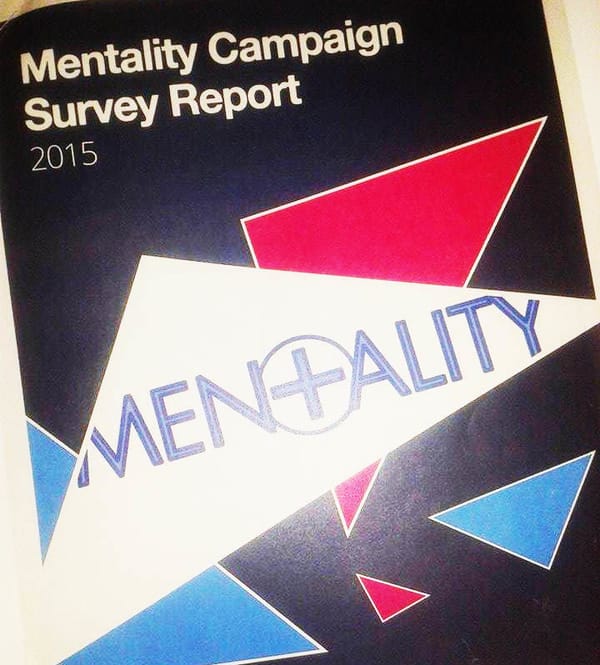Imperial students twice as likely to be stressed than national student average
NUS data shows that Imperial students are more stressed than students at other UK universities on average
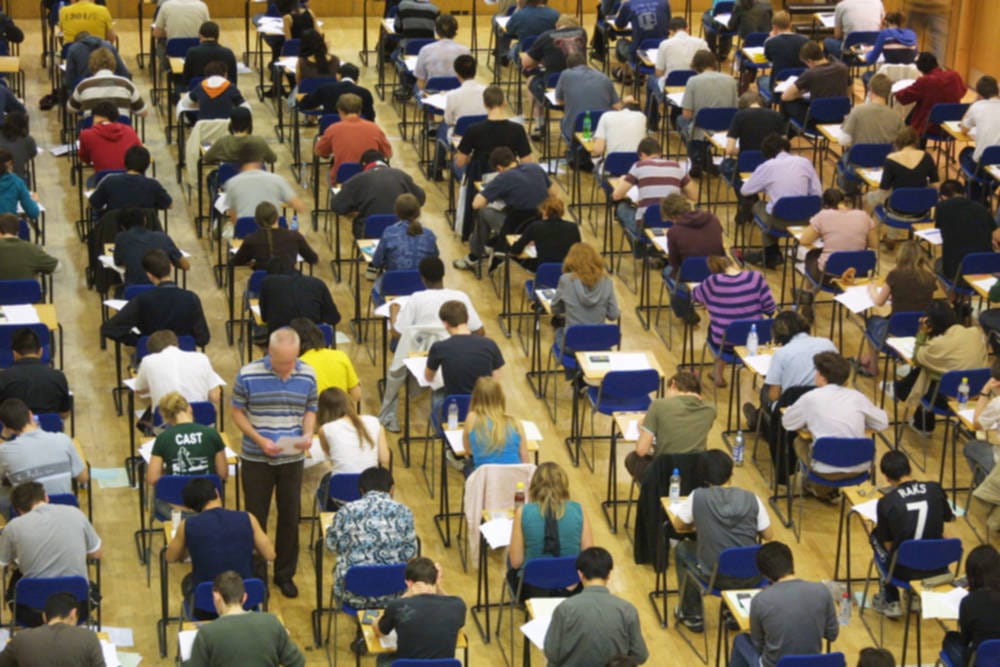
A similar survey to the one conducted by Mentality was ran by the National Union of Students (NUS) back in 2013, which surveyed around 1200 students across the country via an online questionnaire.
The NUS found that 10% of students had already been diagnosed with a mental health problem, 2% were currently seeking a diagnosis and a further 8% believed they had a mental health problem but were not seeking diagnosis at the time.
The Mentality report however found that 20% of respondents said they had or still have a mental health condition. 67% of those who responded said they had never been diagnosed with a mental health problem at all, compared to 62% of Imperial students who said they did not have a mental health condition.
When asked what symptoms of mental distress students may have experienced at least once during their studies, 55% had said they had experienced anxiety and 49% of those who had responded had said they had felt a “depressed feeling.”
However, the NUS survey found that only 14% of students have had thoughts of self-harm, and 13% have harboured suicidal thoughts during the time they have spent at their place of study.
These findings were lower than those from the Mentality survey; 35% of those that responded to the Imperial survey said they had experienced suicidal thoughts at least once a year, whilst 36% of the same sample reported experiencing thoughts of self-harm over the same time period.
Not only that, but the Mentality survey results suggested that Imperial students suffer from stress more often than students from other universities: only 31% of students who responded to the NUS survey said they experienced stress at least once a week, compared to 69.5% of Imperial students who said the same.
The NUS survey found that 26% of those experiencing mental distress didn’t tell anyone about their feelings, a similar percentage to those at Imperial who also didn’t enclose their feelings with anyone.
Both the NUS survey and the Mentality survey found that students are reluctant to talk to personal tutors or other academic members of staff; out of the Imperial students who stated that they were suffering from mental distress, only 13% discussed their concerns with their personal tutor, whilst nationally, the NUS survey found that only 14% of students did the same.
That’s not to say students nationally are not aware of some of the services available; the NUS found that 79% of students acknowledge that their GP or Doctor can provide advice or support services.
However, only 58% were aware that their place of study can help, whilst a smaller portion of only 35% of those asked were aware that their Student Union could offer advice and support.
76% of Imperial students said in their Mentality survey response that they are aware that their personal tutor can provide support, and 43% said they knew they could approach their Students’ Union Welfare Officer.
So how do we compare nationally? According to the Mental Health Foundation, 1 in 4 people will experience some kind of mental health problem over the course of a year, with anxiety and depression coming top as the most common mental disorders.
The World Health Organisation (WHO) has forecast that by 2020, depression will be the second leading contributor to the global burden of disease.


